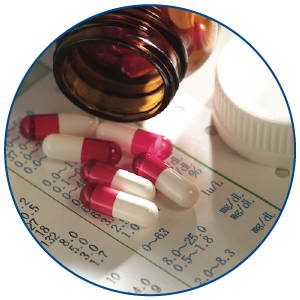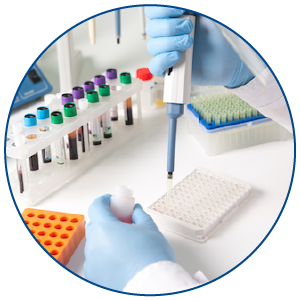
Treatment
The common treatment for NGU is a course of antibiotics.
- If there is a high chance you have the infection, treatment may be started before receiving the check-up results
- You will be given treatment if your partner is found to be infected even you do not have any symptoms
- There are several different antibiotics that can be used, either as a single dose or a longer course (up to two weeks)
- Some patients may become persistent (keep coming back). If this happens, you may be given a second course or a combination of antibiotics
- You may also need other treatments if complications occur
- The antibiotics that are used to treat NGU interact with the combined contraceptive pill, the contraceptive vaginal ring and the contraceptive patch. Tell the doctor if your partner is using these methods so they can advise you on how to ensure you are protected from pregnancy
What happens if NGU is not treated?
If NGU is treated early, it is unlikely to cause any complications. However, without proper treatment, the infection will lead to long-term health problems, including:
- Infection in the testicles and pain
- Possibly reduce fertility
- Inflammation of the joints, which is known as “Reactive Arthritis”. it is sometimes accompanied by inflammation of the urethra and the eye
Pelvic inflammation and long-term pain can occur if NGU is caused by chlamydia. There is still not confirmed if NGU will lead to pelvic inflammation.
Reference
“Chlamydia” – The family planning association of UK
http://www.fpa.org.uk/helpandadvice/sexuallytransmittedinfectionsstis/chlamydia
“Non-specific urethritis” – The family planning association of UK
http://www.fpa.org.uk/helpandadvice/sexuallytransmittedinfectionsstis/non-specificurethritis




